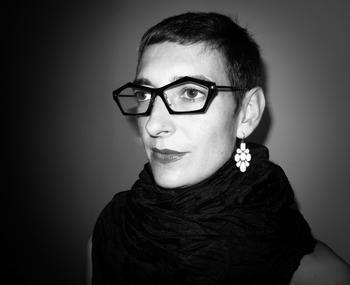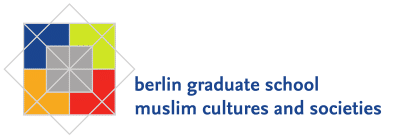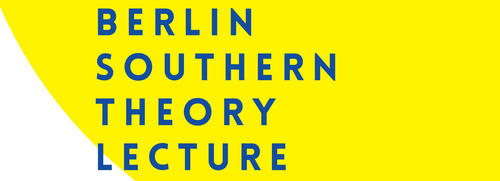Irina Savu Cristea

Doktorandin/ PhD candidate (Prof. Dr. Thomas Stodulka)
PhD Project "Emotional regimes, personhood, and self-making practices among young women in North Bali – Pedagogies of self meet collaborative methodologies"
Irina Savu Cristea is a PhD candidate in anthropology and her research interests revolve around experiences of womanhood, self-making practices, orders of feelings, and collaborative methodologies. She has done fieldwork in Romania, Germany, and Indonesia, integrating social, psychological, and feminist anthropologies. Irina is also a team coach certified in Action Reflection Learning® methodology, facilitating learning programs for synergic teacher-student-parent teams in Romanian high-schools.
PhD Project "Emotional regimes, personhood, and self-making practices among young women in North Bali - Pedagogies of self meet collaborative methodologies"
This research examines the everyday lives of young women in Bali, Indonesia, their strategies to manage emotions perceived as “dangerous”, and to negotiate what it means to be(come) a “good”, “strong” Balinese woman. How are the young women “doing” emotions? Which emotional expressions are encouraged, and which tend to be silenced or played down? What are the perceived roles of women in society and especially in managing their own and others’ emotions? Based on 19 months of fieldwork among Hindu young women, the project explores how their everyday hopes, fears, and long-term stakes are echoing several emotional regimes impinged upon them. Thus, this project maps and analyzes the social institutional factors that influence the young women’s emotions and their definitions of persons, namely the contemporary Indonesian identity politics, the Balinese traditional norms, and wider global subject-formation ideologies. These factors reflect both social institutions in Weberian sense, and several pedagogies of self which travel through globalized spaces and different historical and political times, while reenforcing, recreating, or strongly opposing “teachings” or models of what it means to be a woman. These pedagogies are also entangled across various moral, religious, economic, or political expectations of how a “good Balinese woman” should be like, and thus defy strict distinctions such as local, national, or global self. Analyzing the different subjectivities that these women perform, this project aims to contribute to broader debates within social, cultural, psychological, and feminist anthropologies around the role of emotions in forging “modern” selves and subjects.


